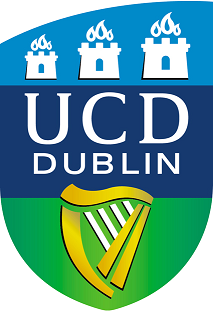Open Access datasets are made available under a CC BY licence and can be freely downloaded.
Restricted Access datasets can be requested by our Designated Community. ISSDA’s Designated Community consists of higher education institutions (HEIs) and research-performing organisations (RPOs) across multiple sectors and jurisdictions with broad relevance to the Social Sciences and Public Health.
Where restricted access datasets contain pseudonymised or deidentified personal data ISSDA can only supply data in response to requests from within the EEA or from countries with an adequacy decision in place. (opens in a new window)See the EU information on countries with an adequacy decision.(opens in a new window)
Any access restrictions are listed under the 'Terms' tab in the ‘Restrictions’ field of the 'Dataset Terms'.
Why is data being restricted in this way?
The European Union has set clear legal guidelines for the transferring of personal data to third countries (those outside the EEA). Where datasets contain pseudonymised personal data within the meaning of (opens in a new window)Article 4 of the GDPR ISSDA must follow these guidelines. (opens in a new window)Find out more information in the Data Commission guidelines on transferring personal data to third countries.
I am from a non-EEA/adequacy decision country, does this mean I won't be able to access the data I need for my research?
Where the datasets contain personal data covered by GDPR ISSDA cannot supply you with the dataset.
What if some members of my research team are based in a non-EEA country?
It is the legal responsibility of the data requestor to ensure that the dataset is not supplied to anyone in a non-EEA or adequacy decision country. This is covered by the terms of the End User Licence you have signed and agreed to.
If I was previously granted access to the data while in a non-EEA country can I still receive any updates to the dataset?
Unfortunately we are unable to supply any updates to datasets to researchers in non-EEA countries.



